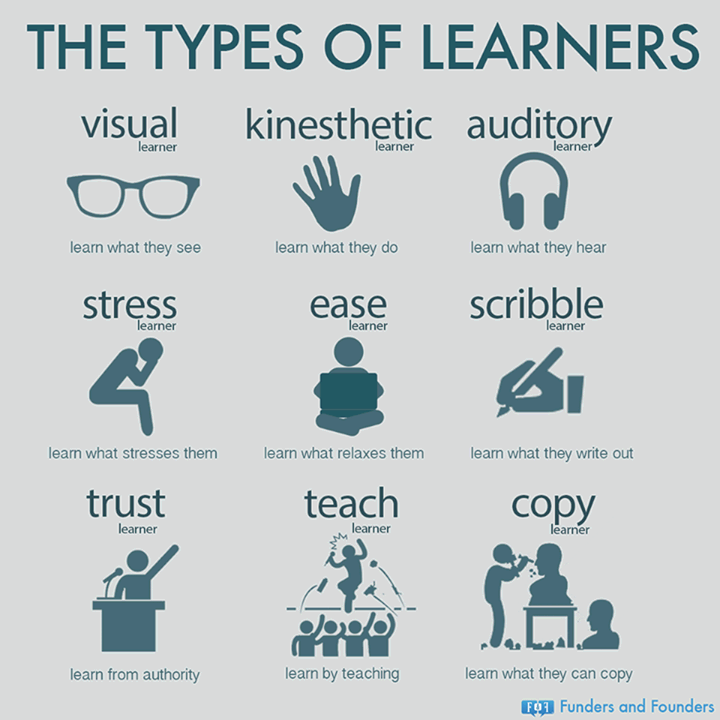How to stop a child from playing with themselves
What To Do When You Catch Your Child Touching Themselves
Parenting
Children will touch themselves. The only thing parents should control is their reaction.
by Patrick A. Coleman
Updated:
Originally Published:
d3sign/Getty
Parents are generally unprepared for how much a child will touch, grab, pull, poke, and probe their own genitals. And this kind of self-exploration tends to happen far sooner than most parents expect. But it’s completely normal for a child to touch themselves and eventually even masturbate. So what should you do if you catch your child touching themselves? Put it in context and address the issue in a reasonable way.
When it comes to kids exploring their own bodies, there’s no shortage of baggage and hang-ups about sex. That puts parents on edge. And when parents are on edge, they may resort to shame or anger to stop a practice they consider abnormal or even immoral. The harsh truth is that child masturbation is neither. Parents may find it uncomfortable to catch their children touching themselves, but that discomfort doesn’t mean the behavior is bad. Child masturbation is just part of growing up.
Here are more harsh truths about child masturbation that every parent should understand before they tell their kid to stop touching themselves.
Harsh Truth #1: Children Will Touch Themselves Sooner Than Parents Expect
There are a whole bunch of people in this world who are shocked by the idea of a child touching their own genitals. But even as babies, a child will touch their junk. Most often this happens during diaper changes or baths. The biggest concern here is not that the child is getting some sort of illicit pleasure. That’s just silly. The biggest concern is that the child may hurt themselves due to lack of coordination or sharp fingernails.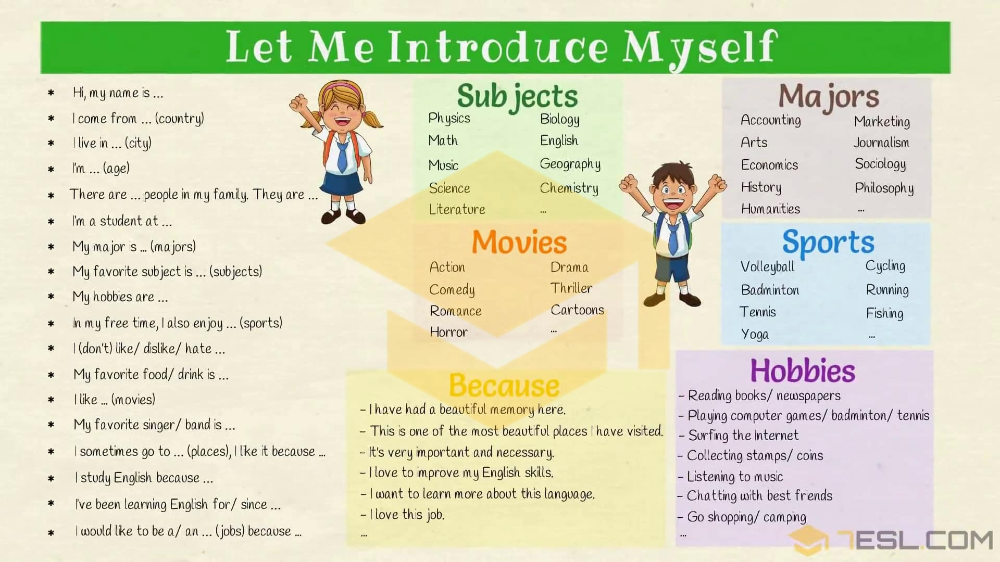 So keep the nails trimmed and don’t worry about a baby who has discovered their penis or vulva.
So keep the nails trimmed and don’t worry about a baby who has discovered their penis or vulva.
Harsh Truth #2: Kids Touch Themselves Out of Normal Curiosity
As a baby grows into a toddler, their lives are ruled by one prime directive: developing an understanding of what they are and how they fit into the world. Part of that understanding comes from a child exploring their body, including their genitals.
For a child, all parts of the body are made equal. There is no difference to them between rubbing a penis and rubbing a toe. It feels different, sure. But so does touching the tip of their nose. The important part is that they understand that each part of their body has a function. If a parent wants to talk to a child about their genitals, they can explain that those parts of the bodies have functions, just like the other parts. You use your ears to hear, your hands to grasp, and your penis or vulva to urinate.
That’s all they need to know.
Harsh Truth #3: Child Masturbation Is a Form of Self-Soothing
The genitals are made to respond to stimulation. The outer portion of the sex organs are packed with nerve endings. After puberty (hopefully well after puberty), those nerve endings become incredibly important for sexual response. It’s a significant part of the reproduction of the human species. Even in children, those nerve endings are already primed. As such, touching one’s genitals feels good and comforting.
The outer portion of the sex organs are packed with nerve endings. After puberty (hopefully well after puberty), those nerve endings become incredibly important for sexual response. It’s a significant part of the reproduction of the human species. Even in children, those nerve endings are already primed. As such, touching one’s genitals feels good and comforting.
The term “comfort” is the key. Adults understand this. Many men, for instance, instinctively slip a hand under their waistband while relaxing and watching the game. If they were accused of doing something sexual, they would feel outraged because having a hand in the pubic region is about comfort. It’s the same for kids. Touching themselves can feel as centering as thumb sucking.
Harsh Truth #4: Child Masturbation Is Only a Problem Because of Adult Context
Parents may feel shocked if they catch their child masturbating. But whether a kid is rubbing their vulva or playing with their penis, touching themselves at a young age is a completely innocent act. Parents don’t see that because their recent experience around genitals is primarily sexual. That is the adult context: The sex organs equal sex. But that’s not the case with kids.
Parents don’t see that because their recent experience around genitals is primarily sexual. That is the adult context: The sex organs equal sex. But that’s not the case with kids.
That said, there is an important point here. If a child is inserting an object into themselves, or touching themselves and speaking in a way that feels beyond their years, there might be a problem. It can be a sign that they’ve been introduced to sexual concepts too mature for their age. In the worst cases, it can be a sign of sexual abuse. In these instances, it would completely appropriate to bring up the behavior to a specialist or pediatrician.
Harsh Truth #5: Children Will Masturbate by Using the Couch
The couch is a safe, comforting space. And as a child grows older, they may seek safe comfortable places to engage in their exploration. Girls may straddle pillows and boys might hump them. These things happen, and they are completely natural. Freaking out about it won’t help anyone.
That said, maybe direct the child, sans judgement, to the cushions in their own bedroom.
Harsh Truth #6: The Best Reaction to Kids Touching Themselves at Home Is to Ignore It
It’s completely natural for a parent to feel weird about a kid touching themselves. But, again, those emotions are based on adult context. Still, they can be rather strong. That’s why it’s important to take a beat before reacting.
A parent who reacts to a kid touching themselves with shock or horror will affect the way a child understands the body part that they’re touching. The message is: doing that is wrong. Kids will pick up the idea that their genitals have a unique power to cause concern. That’s not particularly great for kids. It can drive them to explore even more or cause them to shut down and stop speaking to parents about their body parts.
The better way for a parent to react is to either ignore their kid or send them to a room where they can have privacy. However, it’s important to note that kids under 5 years old will likely struggle with the concept of privacy.
If a child is touching themselves in public, parents should keep calm and try to redirect their kid to an activity that requires them to use their hands, such as putting together a puzzle or doing a craft. Shame, on the other hand, is never advised. It can lead to emotional turmoil for everyone.
Shame, on the other hand, is never advised. It can lead to emotional turmoil for everyone.
This article was originally published on
When Children Touch Themselves, Teach Them Privacy
In ultrasounds of pregnant women’s wombs, fetuses can be seen touching their genitals. When babies develop manual dexterity and are free of diapers, they explore every part of their body--including the genitals.
At first, such touching is random, then it becomes more purposeful as children learn that it feels good. Self-pleasure or masturbation is the developmentally normal, though generally unheralded, outcome.
“We are all excited when baby puts his toes in his mouth, but none of us call our mother to say, ‘Guess what, Mom? Matthew touched his penis today!”’ said Debra Haffner, a sexuality educator and author of “From Diapers to Dating: A Parent’s Guide to Raising Healthy Children” (Newmarket Press, 2000). “Children have genitals, and it feels good to touch them. A lot of mothers of preschoolers tell me their sons are always touching their penises in an absent-minded stroking way. Children often aren’t even aware of it, in the same way they twirl hair or thumb-suck.”
A lot of mothers of preschoolers tell me their sons are always touching their penises in an absent-minded stroking way. Children often aren’t even aware of it, in the same way they twirl hair or thumb-suck.”
Parents should not draw excessive attention to the behavior, but they do need to teach children, without conveying disapproval, that this kind of touching is to be done in private, according to sexuality educators and child development experts. This may be difficult for parents who grew up feeling shame and guilt about their sexuality--what the late child psychoanalyst Selma Fraiberg called “ghosts from the nursery” in her famous 1959 book, “The Magic Years.”
“First, parents should acknowledge to the child that the behavior is a normal part of the child’s healthy growth and sexual development,” said Deborah Roffman, a sexuality educator and author of “Sex & Sensibility: The Thinking Parent’s Guide to Talking Sense About Sex” (Perseus, 2001). “Then you introduce the concept of privacy by saying, ‘I see you really like doing that, but people don’t touch their genitals in front of other people because those are parts we keep private. Let’s talk about some private places where it would be perfectly OK to touch your genitals.”’
Let’s talk about some private places where it would be perfectly OK to touch your genitals.”’
Because children younger than 3 may not grasp the concept of privacy, more creative approaches may be called for.
“One client told me her 21/2-year-old masturbates under the dining room table and breathes heavily,” said Alice S. Honig, professor emeritus of child development at Syracuse University. She advised the woman to tell her daughter that she needed to do that “in a private place” such as her bedroom. “The 2-year-old responded, ‘But I want to be with my fambily ,”’ said Honig. “So I told the mother to put a large blanket over her so she could get the idea of privacy under the dining room table.”
Older children usually get the concept of privacy, but the message may require repeating in the same way parents must remind children to look both ways when crossing the street.
“I told my daughter it was something she could do in private, not when other people are around,” said one 29-year-old Beverly Hills mother of a 4-year-old. “But she does try to do it when people are around. She is not shy about it. She says, ‘Oh, I am making happy,’ Sometimes I have to kind of physically pull her away and take her to her room.”
“But she does try to do it when people are around. She is not shy about it. She says, ‘Oh, I am making happy,’ Sometimes I have to kind of physically pull her away and take her to her room.”
Other children grasp the concept more quickly. One Santa Monica mother explained to her 5-year-old daughter a year ago that masturbating was an activity to be confined to her bedroom.
“My daughter doesn’t do it in public because she understands that this is ‘her privacy,’ and she will even say to her nanny, ‘Excuse me. I have to do my privacy thing now,”’ said the mother. “She is very polite about it.”
This mother grew concerned, however, when her daughter disclosed that she thought about witches and scary things while engaged in the behavior.
“My concern was that she was going to entrench herself in negativity and hurt herself and that she wouldn’t be able to break that pattern later in life,” said the mother.
She needn’t worry, say sex and behavior experts. The sexuality of a child is completely different from that of adults, and early sexual behavior is not a good indicator of what the future holds. Parents should resist interpreting a child’s sexual behavior through an adult lens, said Roffman.
Parents should resist interpreting a child’s sexual behavior through an adult lens, said Roffman.
“If a child is feeling frightened or alone or scared, [masturbation or genital touching] is a soothing behavior.” said Roffman. “If children are upset, they touch themselves in a way that makes them feel good or relaxed like thumb-sucking. It is a normal way children deal with those feelings.”
The most common times children masturbate is when they are bored, stressed and tired and right before sleep, said Dr. Joshua Sparrow, a child psychiatrist and supervisor of in-patient psychiatry at Children’s Hospital in Boston. The only cause for concern is when masturbation becomes compulsive, interferes with normal life or keeps a child from engaging in activities, said Sparrow, co-author with Dr. T. Berry Brazelton of “Touchpoints Three to Six: Your Child’s Emotional and Behavioral Development” (Perseus, 2001).
“It sometimes goes along with sexual trauma,” said Sparrow. “If parents wonder at all, they should see a professional.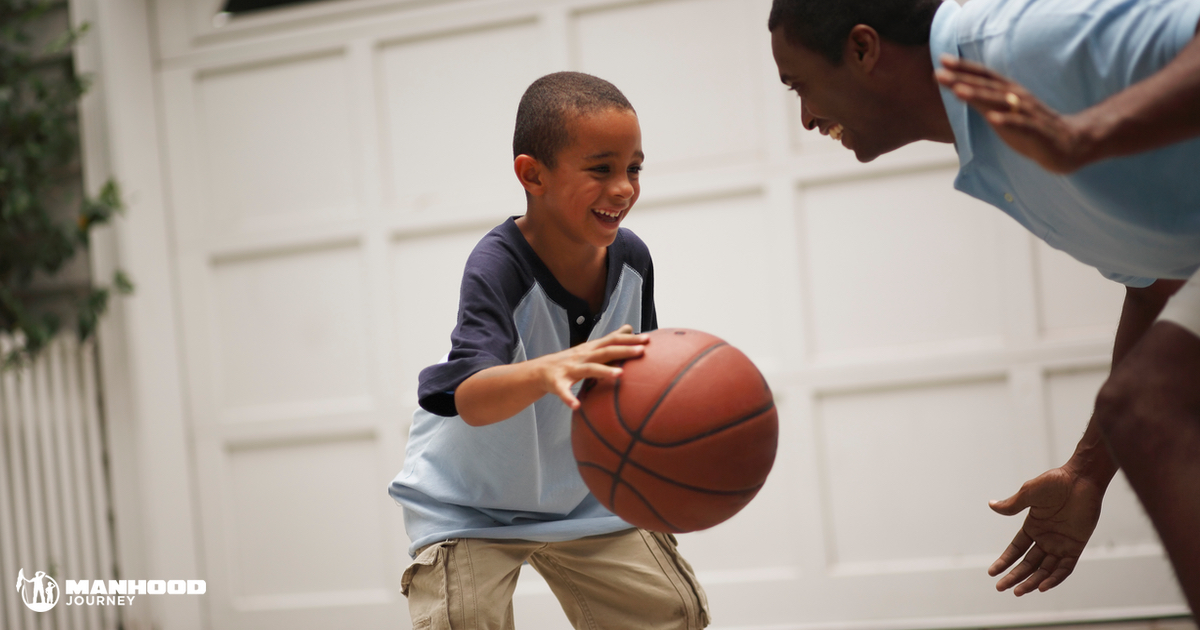 ”
”
If a child masturbates to the point of soreness or so much that he or she gets a urinary tract infection, then the child may be using the behavior to reduce anxiety, said Aline Zoldbrod, a clinical psychologist and sex therapist with a practice in Lexington, Mass. Children should also be taught not to insert anything into their bodies, said Zoldbrod, author of “Sex Smart” (New Harbinger Publications, 1998).
“The parent might want to see if there is something the child is upset about and try to teach the child different self-soothing behaviors,” said Zoldbrod, who added that children can be stressed over a number of things, including new babies, high-conflict marriages, divorcing parents and the start of school. “The family should provide more soothing and support so the child tries other things.”
Not surprisingly, parents’ biggest fear is that children will hurt themselves.
“I often get asked by mothers, ‘He is pulling his penis so hard--can he pull it off?”’ said Haffner. “I say, ‘If you think about it, we are pretty attached to our genitals. Children will stop if it hurts.”’
“I say, ‘If you think about it, we are pretty attached to our genitals. Children will stop if it hurts.”’
*
Birds & Bees, a column about sexuality and relationships, runs on Monday. Kathleen Kelleher can be reached at [email protected].
How to teach a child to play independently?
It seems that the child is not interested in numerous toys at all, he wants to be in the company of his parents all the time. How to teach a child to play independently, and why this is a useful skill, says psychologist Anna Skavitina.
Anna Skavitina, psychologist, analyst, member of the IAAP (International Association of Analytical Psychology), supervisor of the ROAP and the Jung Institute (Zurich), expert of the Psychology journal
Me myself!
Some children seem to be born with a built-in sense of independence. As soon as they learn to crawl and walk, they have already rushed to explore the world on their own, let go of our hands and strive to do everything without the help of their parents.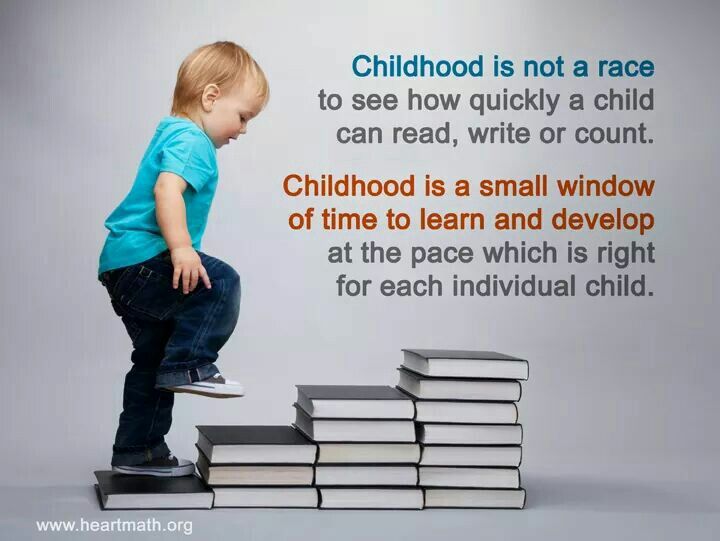 But it is difficult for other children to be separated from their parents even for a few minutes, and it seems that they will never leave mom and dad alone, and will not be able to do anything on their own even after many years. Parents are sometimes ready to buy the newest fashionable and expensive toy in the hope that the child will be busy for some time, so long as they have the opportunity to take a shower or cook dinner without the participation of a small person. But toys either do not occupy the child at all, or give only a few minutes of freedom to parents, which are not enough even to go to wash. It seems that such children enjoy social interaction with parents or friends much more than the feeling that they can do exactly what they want to do. Including because they don’t know what else they can want if there is already a mom or dad nearby. But the fact that they are already ready and able to communicate with parents and / or children is also an important indicator of their developing mental maturity.
But it is difficult for other children to be separated from their parents even for a few minutes, and it seems that they will never leave mom and dad alone, and will not be able to do anything on their own even after many years. Parents are sometimes ready to buy the newest fashionable and expensive toy in the hope that the child will be busy for some time, so long as they have the opportunity to take a shower or cook dinner without the participation of a small person. But toys either do not occupy the child at all, or give only a few minutes of freedom to parents, which are not enough even to go to wash. It seems that such children enjoy social interaction with parents or friends much more than the feeling that they can do exactly what they want to do. Including because they don’t know what else they can want if there is already a mom or dad nearby. But the fact that they are already ready and able to communicate with parents and / or children is also an important indicator of their developing mental maturity.
For some children, independent play is a learned skill, for others it takes extra time and parental help to learn. But it is a skill that is worth spending some effort to master. For example, so that in the future children not only play on their own with pleasure, but also do their homework, read, understand what they themselves are interested in in this life. If we or children create something without outside influence, then this helps us maintain our self-esteem. The ability to enjoy solitude not only develops the imagination, but also gives a sense of satisfaction from successful work and one's life.
How to teach him?
If your baby finds it difficult to be alone even for a short time, then you can try to change this and make her more independent. For example, yes.
1. Before you send your child out to play alone, let him enjoy time with you. Play with him, read, spend time together so that he is "fed" with parental attention, then he can and wants to spend at least a few minutes on his own.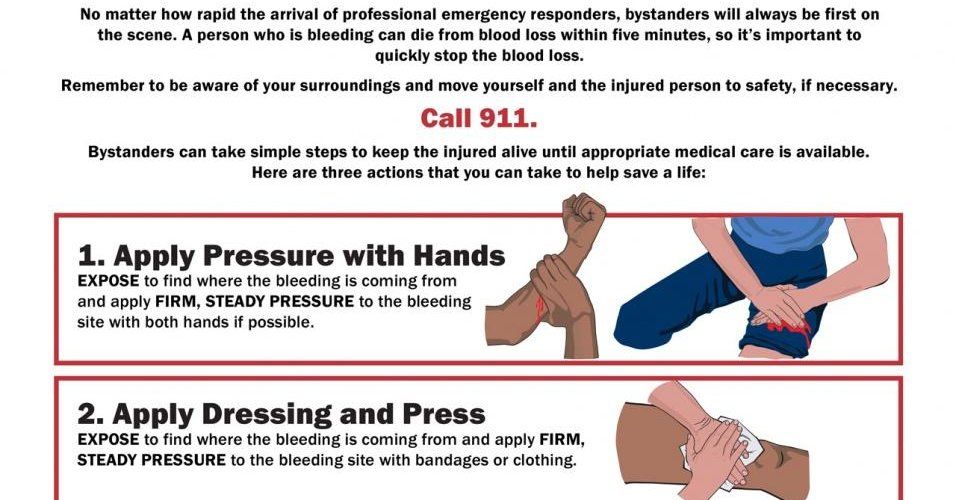
2. Children imitate adults. Sit down with a book and perhaps a cup of coffee or tea, inviting the child to also sit close to you with his picture book. Let the child see from your example that being alone with a book is interesting and quite exciting. Offer to play with dough/utensils/beans/stack food containers/cut salad in the kitchen while you prepare dinner. The child will be next to you, but busy with something of his own and important. Be sure to notice and celebrate his independence.
3. Start playing together. Prepare together all the necessary toys and materials, start a game plot, after a while invite the child to come up with what will happen next, listen carefully, let the child play it himself, and then do something without moving far from him. Later, ask to tell what happened without your participation, express your feeling of joy from what you heard. Sincere, of course!
4. Ensure safety. Children are creatures dependent on adults.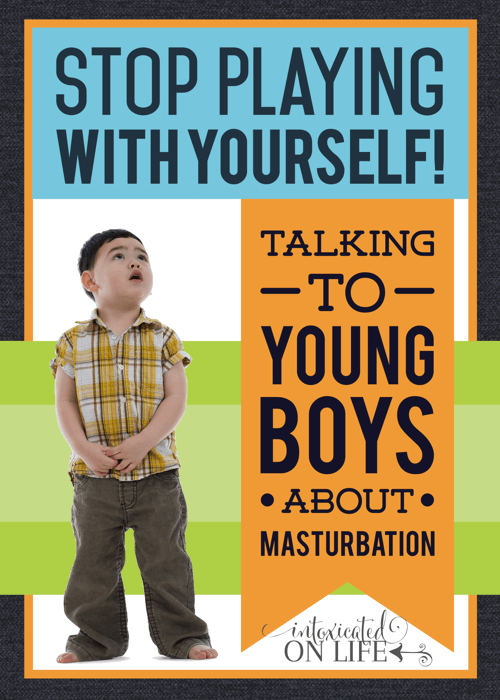 They feel that adults can protect them under any circumstances, and often genuinely hate spending time apart from their parents. It is difficult for them to be alone, and everything seems unsafe. If you sent your child to play in another room, and you yourself look there every minute to make sure that nothing happened, then the children quickly receive confirmation that being alone is definitely dangerous. And by the way, this is not a standalone game. If you are very worried about the child, then it is better if he is in the same room with you, but each of you will be busy with his own business.
They feel that adults can protect them under any circumstances, and often genuinely hate spending time apart from their parents. It is difficult for them to be alone, and everything seems unsafe. If you sent your child to play in another room, and you yourself look there every minute to make sure that nothing happened, then the children quickly receive confirmation that being alone is definitely dangerous. And by the way, this is not a standalone game. If you are very worried about the child, then it is better if he is in the same room with you, but each of you will be busy with his own business.
5. Give it a boost. Most children need a little push at the start to turn on their creative expression. Offer toys that the child likes and ask them to come up with a story with them. Say that they only have ten, maybe five minutes to start to come up with it, and then you would really like to hear it all. An hourglass can help here in regulating time. Then you can sit down together so that the child dictates the story, and you write it down. For many families, this becomes a favorite pastime, and children write entire books.
For many families, this becomes a favorite pastime, and children write entire books.
6. We move slowly and constantly support. It is hard to believe that a child will learn to play on his own in a couple of days, and will sit in his room all day long, leaving his parents alone. If before that he was not ready for a second to be without you, then congratulate yourself on every minute when he manages to do something on his own. Support the child, noticing that he is doing great on his own, be sure to indicate the details: “You built a very high tower today”, “Today you came up with such an interesting game about dinosaurs.”
If your child does not practice for more than a few minutes so far, this is also normal. Let's start with everyone being comfortable. Independent play and time separate from parents should not be a punishment and horror, but a pleasure for both parties.
7. Be warned about leaving. If you decide to leave the room to take something or wash a plate, be sure to warn the child about this, saying that "you will wash the plate and come back quickly. " And be sure to do so. It is important for the child to know that your words can be trusted. It's better not to use the "grandmother's method": leave before he notices. Even if you know for sure that the child will cry at the moment when you need to go out, it's better than doing it secretly. Secret departures often become one of the factors that the child constantly anxiously controls the parents so that they do not disappear. Gradually, it will be easier for the child to let you go for a longer time, because he will feel that you are not disappearing anywhere and it will be easier for him to become more independent.
" And be sure to do so. It is important for the child to know that your words can be trusted. It's better not to use the "grandmother's method": leave before he notices. Even if you know for sure that the child will cry at the moment when you need to go out, it's better than doing it secretly. Secret departures often become one of the factors that the child constantly anxiously controls the parents so that they do not disappear. Gradually, it will be easier for the child to let you go for a longer time, because he will feel that you are not disappearing anywhere and it will be easier for him to become more independent.
8. Learning moments can be everywhere - even a TV and a tablet can help us.
If the child spent time at the TV screen or with a tablet in his hands, and he was alone for some time, ask what he learned there, what interesting things he can tell you. Children like to feel important and competent, it is important for them to show that they know and can do something, and they can teach this even to their parents. This is how we encourage the independent skill of learning, learning something new.
This is how we encourage the independent skill of learning, learning something new.
But remember, the child’s time with the gadget, although it gives parents a chance to quickly do something without the participation of the child, does not count as a full-fledged independent game. For children, especially preschoolers, it is important for development to literally manipulate objects, involve the whole body in the process of playing, and this does not happen with gadgets.
9. Independent play does not develop from playing alone. In fact, independence is born ... from interaction with others. Hours spent playing with dinosaurs, playing ball and hide and seek, playing mother-daughter with other children, will keep a child's imagination alive during the times when he is alone. Playing with others, the child learns to talk, maintains dialogues between characters, develops patience when waiting for his turn in the game. These are the skills he needs to enjoy time with himself when you can't (or don't want to) entertain him and will help him run different good and bad role models of interacting with other people in his head.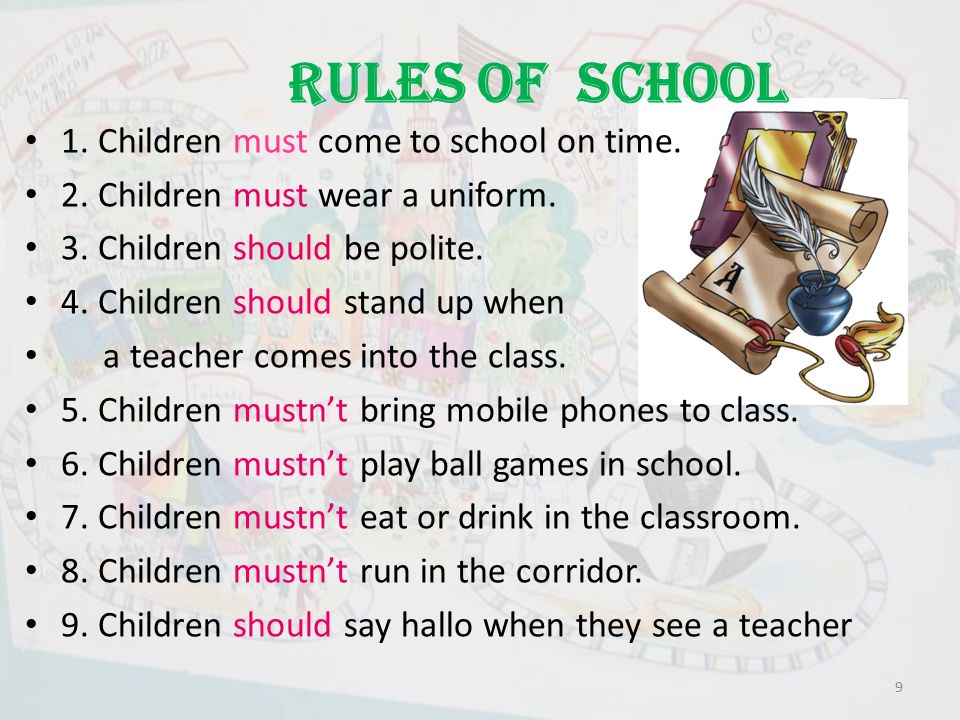
10. If the child is busy with something himself, you should not try to give him some other toy or book that you think is more useful or interesting. We also don't like being interrupted, and quite naturally get angry at it. Often, when children seem to be doing nothing, they develop some important skill for themselves, perhaps incomprehensible to us. One of the important and difficult parenting skills is to step aside and observe.
See also:
What to do if you do not want to play with your child
Role-playing games: age characteristics and importance in a child’s life Kobyakov/Shutterstock
tips
How to wean a child (or yourself) from online games? Part 1. My history and the nature of gambling addiction — Nikita Maklakhov on vc.ru
The problem of parents whose children are addicted to computer games is that they cannot say which ones.
7131 views
If your child sits at the computer for days, playing online games or watching others do it; if you don’t know how to make your child sit down for lessons, and you don’t know other methods of influencing him, except for threats, scandals and similar manipulations, then this series of articles is for you.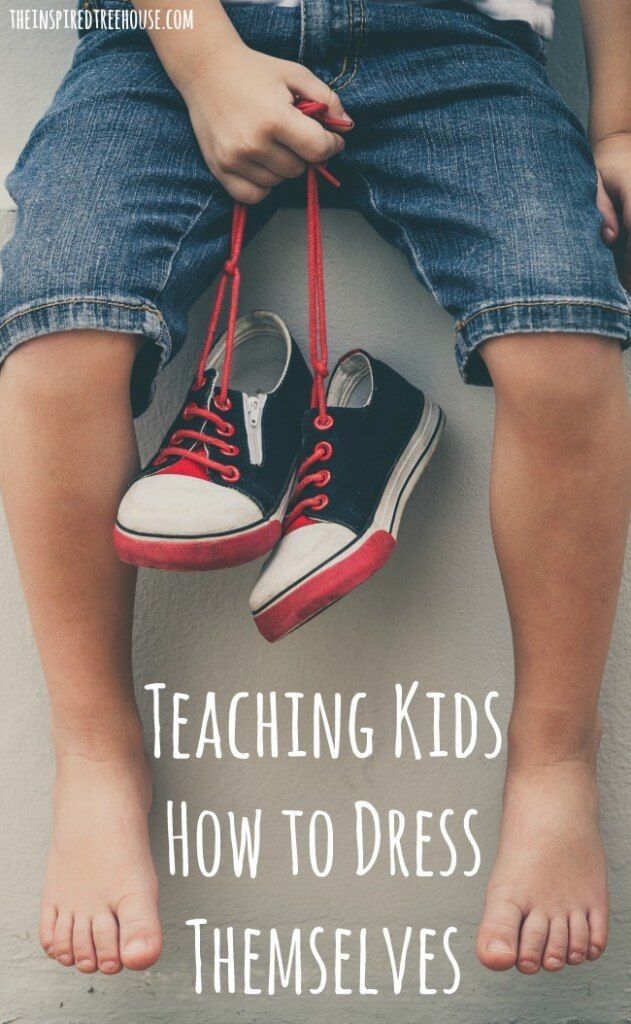
My name is Nikita Maklakhov, I am a specialist in behavior and habit management, as well as an experienced gamer . I want to share ideas and practical tips so that you can help yourself or your children cope with video game addiction.
In the first part I will tell my story and explain:
- why children generally get addicted to online games;
- what schoolchildren look for (and find!) in the virtual world;
- why kids love to watch someone else play.
Underside of Fight Club
I was first introduced to online games in seventh grade, 17 years ago. I heard at recess how the guys from the senior classes were discussing the new game "Fight Club" - Combats.ru.
This is a browser-based multiplayer game where two figures on a browser page hit each other. And there was no interactivity there. You just choose with a button where you want to strike, and then write the results of the battle in the chat.
Choose where to hit, and then wait 5 minutes for the results of the move
Despite the elementary to idiotic interface, the game has attracted hundreds of thousands of people, not only youngsters like me, but also adults. Some of these adults shelled out tens of thousands of dollars to buy game equipment, ammunition, and equipment.
Did they receive anything of value?
No, their purchases were just pictures on a web page. And for such a picture, for example, a painted club, the players paid $5,000. I didn't have that kind of money, of course, and yet even I once spent about $20 to buy armor and a magical amulet for my character.
$5,000 club. Quite real dollars
I'm seriously into Fight Club. Mainly because my acquaintances played it - older guys whom I respected. I wanted to equal or even surpass them in some way.
As a result, I spent a lot of time on this site. Often in computer science lessons, I quickly completed the task and opened the game in the next browser window.
I was terribly upset when I lost access to the Internet. Then he was still on the phone, on special cards. You had to enter a code to get internet access for a few hours. I remember I was close to hysterical when my turn came, and the Internet suddenly hung up or even ended, and I didn’t know what to do, and I realized that I had lost. And losing by skipping a move imposed certain penalties.
Two years in a parallel reality
Gradually I switched from "Fight Club" to other, more dynamic games like Diablo 2. And in high school, I met a game called Ragnarok. This is an online multiplayer RPG with funny anime-style cartoon graphics. I spent almost two years in it.
I did not become a master, but I spent several thousand hours here
Played every day for several hours. In the morning I woke up early to have time to play an hour or two before school. After school, instead of walking in the yard with my friends, I rushed home.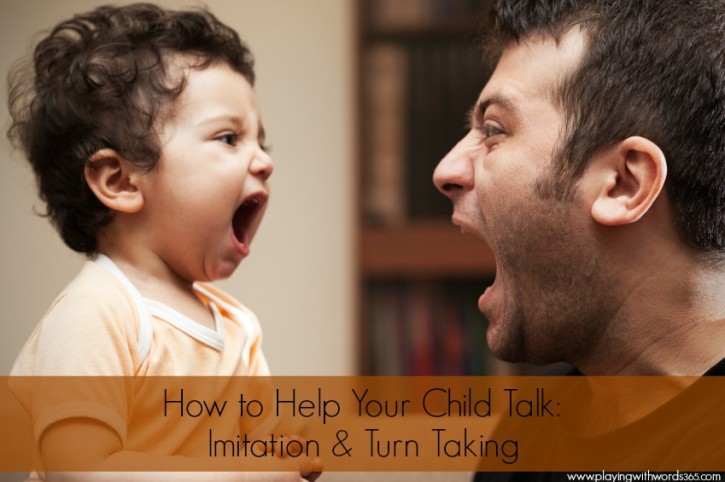
On Saturdays my parents went to the dacha, which means that I could spend half a day alone with the game. True, according to my feelings, these 8 hours flew by like 5 minutes. Every time I was surprised when I heard the steps of my parents in the corridor and noticed that it was already dark outside the window.
When you grow up, then do what you want
Of course, my parents did not share my enthusiasm for computer games and tried their best to protect me from them. They persuaded, persuaded, gave weighty, from their point of view, arguments ... The key thesis was: “ First go to college, and then you can do whatever you want. While you are small, please listen to us .”
My parents never asked me what I found so interesting in games. They saw that the son literally does not come off the screen, on which something flickers. And that was enough to start sounding the alarm. Mom and dad did not understand how valuable and important the gameplay itself was for me, they did not know what the game really meant to me.
I, in turn, did not understand that my hobby is a real addiction . And even if he understood, he still could not refuse games. When you are a teenager and really do not know how to manage yourself, it is not so easy to do this.
suddenly didn't want to play
In my case, everything ended well. I played with rapture until graduation, and then entered the institute. It would seem that here it is - the long-awaited great time when you can play endlessly and freely!
However, my interest in the game suddenly vanished. This fact really surprised me. How so? Why do I no longer want to play, if now there are all the possibilities for this?
Now, having studied the psychology of behavior and the principles of the brain, I understand that interest in the game has disappeared, among other things, because unlimited access to it has appeared . The game has ceased to be a scarce value for me.
IMPORTANT: Forbidden fruit is sweet.

The more we limit ourselves to something desirable, the more it attracts us. If there are no prohibitions and restrictions, the interest itself weakens.
Why do people get addicted to games?
Why are children so easily addicted to online games? Why do they like to switch off from the real world and live in the virtual one? Let's try to get to the bottom of the reasons by taking a closer look at my story.
In high school, I honestly did not represent anything interesting. Ordinary teenager: skinny, unsociable, indecisive. I had no hobbies, and friends - once or twice and miscalculated, and all of them, like me, hung out in online games all day long.
With that in mind, it's easy to see why the virtual world interested me so much more than real life. Why shouldn't he interest me? In the game, I was able to move mountains and embark on exciting adventures every day. Who was I in reality?
IMPORTANT: The more boring the life of a child, the more he is drawn to games.

The more difficulties children have in communicating, accepting themselves, finding their place in society, the fewer victories they have in real life, the more attractive the virtual world will be for them
Whose children can boast that they have an interesting, rich and varied life (especially in lockdown)? Whose child can be proud of a wide circle of friends and the absence of problems in communicating with peers?
It's not even that children try to escape from reality with the help of games, although there is some truth in this. Just for a child, the virtual world is the easiest way to get what he needs in life . In the game, you can become the ruler of the world, a pioneer, the strongest warrior, a racer, a tycoon, a sorcerer ... yes, anyone! And it doesn't take much effort to do so. Playing is incomparably easier than building a real life.
What needs do games cover?
Children, like all of us, have certain needs.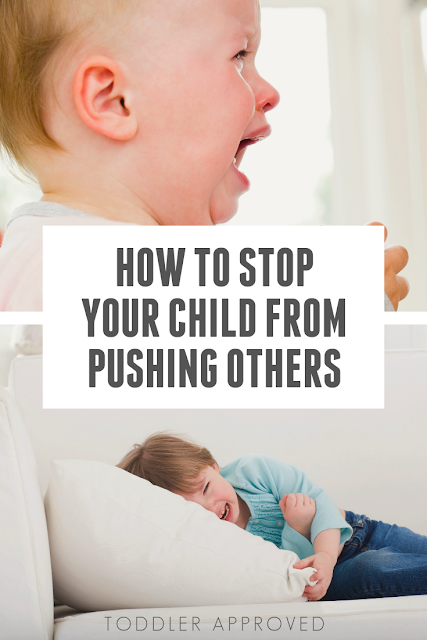 If some activity easily satisfies them, fully or at least partially, the child will not miss this opportunity and plunge into this activity with his head.
If some activity easily satisfies them, fully or at least partially, the child will not miss this opportunity and plunge into this activity with his head.
What were my needs as a child?
First, I had a need to feel important, to feel that I was not an empty place, but a person who had achieved something.
This can be easily obtained through online games. Moreover, this is precisely their strongest point. The road to greatness in the virtual world is straight and clear.
The rules of the game are absolutely clear. You know that you have to kill 100 monsters, and then you will get 1000 experience points and a new level, plus a bag of coins and a higher position in the ranking of players. All your actions give very fast and transparent feedback. You don't need to understand the intricacies of human relationships to figure out how to climb to the top of the social ladder within the game.
Secondly, I had a need to make friends and do something exciting with them, to be on the same wavelength and in the same context.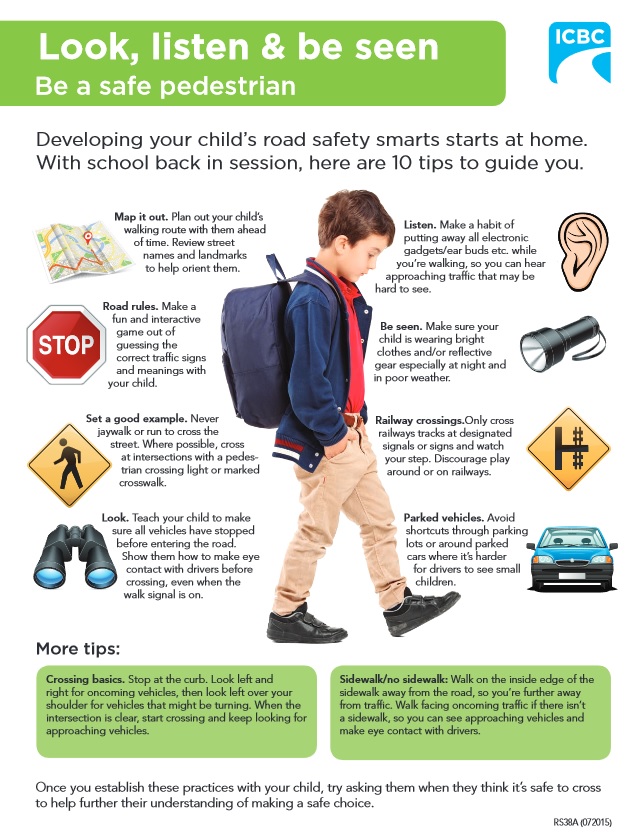
We all wanted to be part of one common interesting story. The online game provides such an opportunity.
As an illustration, I will tell a funny story that I heard from my sister. Her 7-year-old son Kirill, my nephew, is crazy about Minecraft. One day, his sister caught him on the phone with a friend. The boys vividly discussed the actions of their characters in the game: where to go, what can be seen around, what quest to take, and so on.
Nothing out of the ordinary, except for one detail: Kirill wasn't playing Minecraft at that moment. He just lay on the couch with a phone in his hand and looked out the window.
What does this mean?
Yes, the child simply wanted to communicate with a friend and be in the same context with him. And the boy decided to support his friend in such a funny way. By the way, the trick was a success. The friend did not understand that Kirill was commenting on the game "blindly".
Why do children watch others play?
You may have noticed that your child does not play by himself, but watches others play. This video format is called "let's play" ("let's play"). YouTube let's play channels are wildly popular with teenagers. As a rule, in such videos, experienced gamers show how to complete difficult game levels and comment on what is happening, often very emotionally and with a lot of jokes.
This video format is called "let's play" ("let's play"). YouTube let's play channels are wildly popular with teenagers. As a rule, in such videos, experienced gamers show how to complete difficult game levels and comment on what is happening, often very emotionally and with a lot of jokes.
Am I a spectator or a sniper shooting a rifle?
Why do children love the let's play format so much?
The reason is that they, in fact, get the opportunity to be a person who is respected, to touch him. Let's say there's a player who is brilliant at fighting monsters, has a great sense of humor, and streams live on YouTube. While the child watches the video, he temporarily becomes this player .
At first glance, this activity seems pointless to parents, but, if you look, children have good reasons to spend time on letsplay. You should not devalue any process if you do not understand what its essence and advantages are.
IMPORTANT: If you don't understand, don't discount.

If you criticize and devalue online games that your child enjoys, you will not be able to become a close friend for him. Your task is not to forbid something to the child or to call his hobbies nonsense, but to be on his side and understand his motives and needs.
Summary
-
Gambling addiction is an addiction that a teenager is unlikely to want and be able to get rid of on his own.
-
Restrictions and prohibitions increase the value of the activity, and unlimited access can lead to the fact that interest itself weakens.
-
The more boring the life of a child and the more difficulties he has, the more he is drawn to games.
- For children, computer games are the easiest way to get what they need in life, to satisfy their needs. For example, in communication and recognition of one's own importance.











